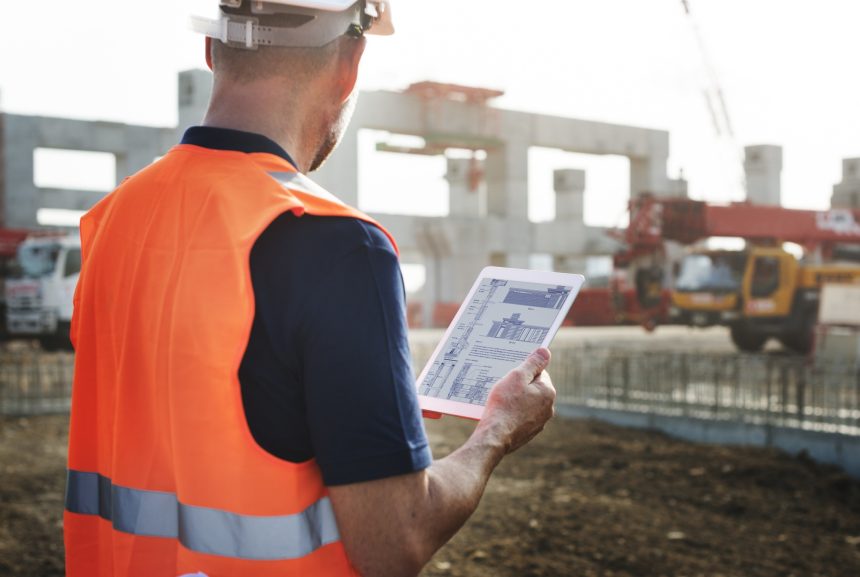The duties of a general and a residential contractor usually overlap with each other. The two types of contractors work hand in hand. They build tranquil residential properties for clients. For this reason, people think that the general and residential contractors are similar. Most tend to interchange them in a sentence. Regardless of who you go to while starting a project, you can expect amazing results from their work. That is not to say they don’t have some significant differences. In this article, we help you understand the differences between the two.
The general contractor manages a team of sub-contractors working on a construction project. The residential contractors specialize in building and renovating houses. They perform the tasks related to construction from the beginning to the end. Residential contractors get the permit, gather an in-house team to work on the project. They also supervise the team during the project. General contractors subcontract all services involved in the project. They also supervise them till project completion. Unlike the general contractors, residential contractors will have an existing team. They only subcontract specialized services like electricians, plumbers, etc.
You can find out more about general and residential contractors by getting to know what the two do, or don’t do. This will help you understand the subtle but large differences. As we explore how they vary, it will also help you understand their functions in-depth.
Roles of a general contractor
A general contractor works hand in hand with you. He supervises a team of subcontractors to carry out your project. The definition may sound like that of the residential contractor, but in the real sense, they vary.
The general contractor focuses on executing the building of the project plan. Outside specialists such as quantity surveyors, architects, etc. carry out the process. The contractor can supervise many projects at a go. The project does not have to be building homes. For these contractors, the homeowner will sometimes hire external specialists such as architects. But, the residential contractors handle the whole process on their own.
Considering the everyday construction projects, a general contractor may harness their team at times. This team will be assisting with various components of the project. Whether you are building a new home or remodeling the old one, the contractor has got you covered. Once done with planning, they hire, establish a schedule and pay all the staff needed for the project. The general contractor works to ensure he gives you a home that suits your desires.
Roles of a residential contractor
A residential contractor works on your home-building project from the beginning. This is unlike the general one who is not involved in the project until the construction starts. The residential contractors seek the permit, initial sketches, blueprints, excavation, and so on. They are involved in everything about the construction of your project from start to end. They hand you the keys to your house, finished and furnished. They construct and remodel every room in your house using a variety of materials, colors, décor, etc.
According to the experts from the general contracting company, AFS General Contracting, check out their previous projects in their portfolio. The portfolio is a reference for knowing the process and the potential of the company, as well as what to expect. A residential contractor is a bit more suitable to have the team in-office or on-call. They stay prepared to assist whenever a task arises.
A residential contractor deals with a lot of people while creating his team to work on a project. They, thus, need to have great interpersonal skills. The skills will help them build solid relationships with the staff and client. It also helps maintain good relations with sub-contractors, suppliers, and building inspectors. You can even opt to enrol for a course that helps improve and establish such skills. Before choosing any contractor, ensure you understand the cost estimates and bidding. It would also be worthwhile to look into the general contractor license requirements for your state to understand what functions a general contractor must be confident in. It goes without saying also that you should only employ an expert who also holds the right license. This is crucial to ensure that everything abides by the regulations in place.
Choosing the right contractor
Here are the tips to help you in choosing a contractor. Please note that they apply to both residential and general contractors.
- Licensing – always make sure that the contractor that you hire is licensed. That means, the contractor should have met the set qualifications by the state. Check with the relevant authorities in your state whether the general contractor you want to hire is licensed.
- Insurance – this is another important thing to consider before hiring a general contractor. Both general liability and worker’s compensation insurance will protect you in case one of the contractor’s workers are injured while working on your property.
- Experience – when looking for a general contractor, you will want to ensure that they can deliver quality workmanship. Take your time to interview the contractor to see for how long they’ve been in the industry, how many projects similar to yours they have worked on, and whether they have any references.
- Check online reviews – another way to know whether your prospective contractor is reputable is by checking their online reputation. Check to see what their previous clients have said about the contractor. However, be wary of a perfect or 100% satisfaction rating—this can be an indication that the contractor has fabricated the reviews.
Pricing – when looking for a contractor, the last thing you want is to hire one with the lowest or highest pricing. If the pricing looks too good to be true, avoid the contractor. Take your time and review different pricing plans from different contractors and choose the one with the most competitive pricing plan.















